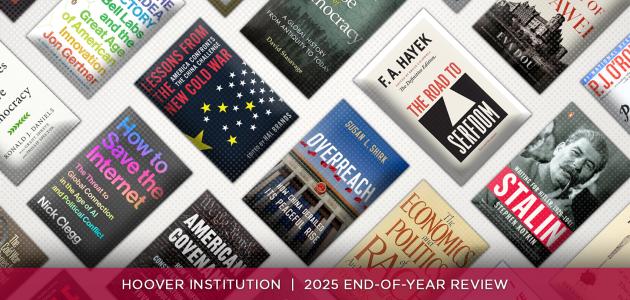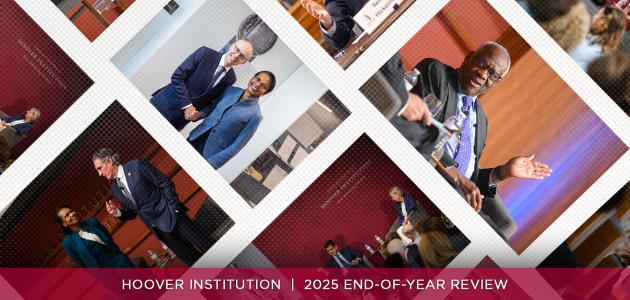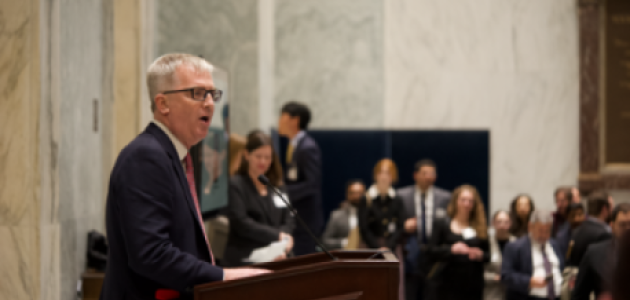Industrial Policy & International Security
Xi Jinping tells China’s army to focus on preparation for war | The Guardian
According to an anonymous CCP informant, Chinese President Xi Jinping told the People’s Liberation Army to strengthen military training in preparation for war, saying the country has “dangerous storms” on the horizon and is in an “unstable and uncertain” state. Although Xi Jinping used similar rhetoric back in 2013 and 2017, political analysts claim his recent statements indicate an escalation in response to rising US-China tensions over Taiwan. At the 20th party congress, Xi implied that US interference—President Biden’s repeated pledges to defend Taiwan and Nancy Pelosi’s August visit—is to blame for escalation in the Taiwan Strait. Chinese officials also claim UK trade minister Greg Hands’ visit to the island sends the wrong signal to separatists in Taiwan.
The new US nuclear posture review is a major step backward | The Bulletin of the Atomic Scientists
MIT research affiliate Lisbeth Gronlund criticizes the DoD’s Nuclear Posture Review (NPR), released last week, for ignoring the arms control implications of US nuclear modernization plans. Gronlund argues that the NPR’s omission of Obama-era “sole-purpose” policy and weakened commitment to reducing reliance on nuclear weapons will undermine the Biden administration’s stated intent to increase US security. These changes, combined with the call to design and produce new warheads, will likely be perceived as a threat by Russia and China instead of improving deterrence. Gronlund suggests that policies that recognize the security dilemma, like the 1972 Anti-Ballistic Missile (ABM) Treaty, have a stronger deterrent effect. She praises the NPR’s reaffirmation to not use nuclear weapons against non-nuclear states and the inclusion of language that could allow the US to reduce its hedge stockpile.
US Regulation
Midterms may dash tech antitrust push, but not data privacy | The Washington Post
With Republicans likely to take back control of the House, lawmakers will likely shift their priorities to other issues instead of pushing antitrust bills and seeking to restrict big tech companies’ anticompetitive behavior. However, the tech industry will continue to face scrutiny on issues of data privacy and censorship. A bipartisan data privacy bill proposed earlier this year was held back by Speaker Pelosi’s vocal reservations but, if current Minority Leader Kevin McCarthy takes on the role of House Speaker, the bill will likely pass. At the same time, GOP efforts to target Section 230’s protections for platforms that host and moderate user-generated content are unlikely to progress without majority support in the House and Senate. The result of the midterm elections will not impact attention to issues of children’s online safety.
Innovation
Machine learning could vastly speed up the search for new metals | MIT Technology Review
New research suggests that machine learning can accelerate the development of new metals with unique properties. Traditional methods rely on time-intensive lab experiments with relatively low rates of success. Recently, Max Planck Institute researchers found seventeen promising new metals through a combination of AI and lab work. They needed to collect several hundred data points to train the machine learning models, but eventually they were able to make predictions for new metals and feed that data back into the models. This approach will help researchers be more targeted in their efforts to identify and develop new compounds that perform well in specific conditions. For example, metals that perform well at lower or higher temperatures may improve aircraft and spacecraft and corrosion-resistant metal could be applied for boats and submarines. Experts in material sciences believe machine learning can also be applied to research in other fields, such as chemistry and physics.
Cyber
Here’s how lawmakers are tackling rising cyber threats in the health sector | The Hill
Amid a rise in cyber attacks, congressional lawmakers are making an effort to address cybersecurity threats to healthcare in the US. Kroll, a risk consulting firm, reported that cyber attacks against health care organizations increased by 90 percent from the first to second quarters of this year. Experts in cybersecurity say that healthcare has become a top target for cyber attacks because the sector stores sensitive patient data and medical research that can be held at ransom by cyber criminals. Virginia Senator Mark Warner, Chairman of the Senate Intelligence Committee, addressed weaknesses in healthcare security in a new report and recommended specific ways the federal government can improve cybersecurity in the health care sector and assist with providers’ response to and recovery from attacks. Lawmakers are particularly alarmed about the consequences to patient care.
State & Local Tech Ecosystems
Shift toward ‘Silicon Nation’ promotes resilience — for American defense, society and the economy | The Hill
Center for a New American Security experts Alexandra Seymour and Martijn Rasser believe Silicon Valley’s dominance may be at an end as entrepreneurs and major tech companies relocate to more affordable cities and business friendly environments. The dispersal of Silicon Valley may be good news for the nation; geographic diversity could further catalyze innovation. The authors predict the diffusion of concentrated wealth and education will make tech opportunities and advancements more accessible, helping to build infrastructure and close income gaps across the country. Moreover, this dispersal could incentivize smarter tech and industrial policy as the implications on the workforce and economy affect more congressional districts.
Meta cuts 11,000 jobs as it sinks more money into the metaverse | Reuters
This week, Meta announced cuts to over 11,000 jobs, or 13 percent of its current workforce. While it was once worth over $1 trillion, Meta’s value has dropped to $256 billion as ad revenue fell, consumers reduced their spending, and returns on the company’s investment on the metaverse isn’t expected for years to come. This marks the first time that Meta has had a major layoff in its eighteen-year history and is one of the largest layoffs among tech companies this year. In a company-wide address, CEO Mark Zuckerberg apologized and claimed responsibility for the “big mistake in planning” with regards to continued e-commerce investments and the miscalculations of ad revenue. Zuckerberg will host an additional town hall on Friday allowing questions from employees.
Democracy Online
Resistance to misinformation is weakening on Twitter, a report found | The New York Times
Rising concerns over misinformation since Elon Musk’s takeover at the end of October, just before this week’s midterm elections. Tufts University researchers monitoring the platform observed that the quality of conversations suffered “as more extremists and misinformation peddlers tested the platform’s boundaries.” Compared to Twitter activity from July to October, they found that there are fewer posts pushing back against conspiracy theories and false narratives across a range of topics including anti-LGBTQ and antisemitic content. Ahead of the midterms, Musk reemphasized Twitter’s rules about election interference and deceptive identities but noted they are subject to change; Twitter’s separate Help Center page about misinformation remained live.














